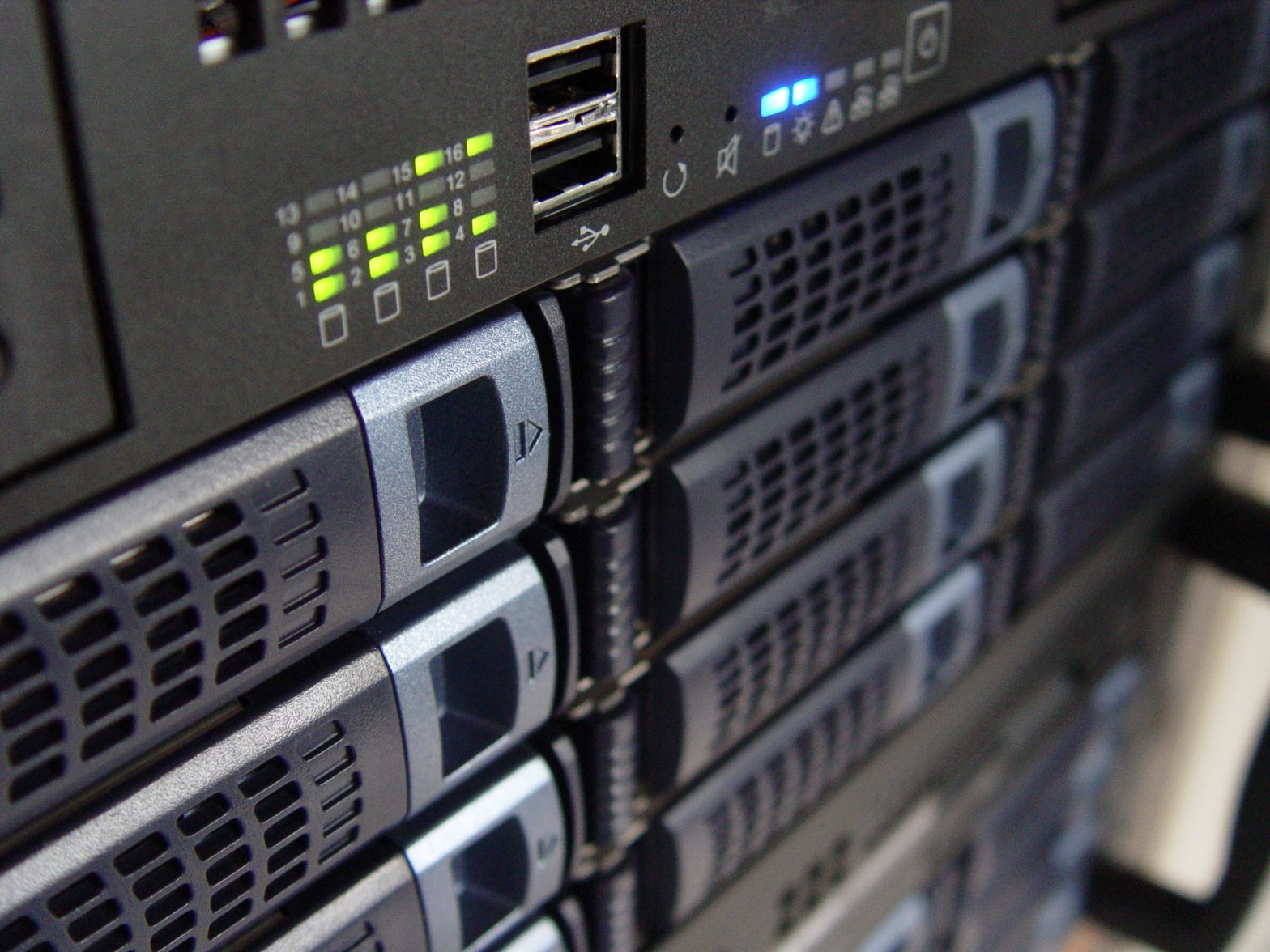Saw another article opposing net neutrality. They described it as “the idea that bandwidth should always be free to whichever sender wants to use it”. Before I talk about net neutrality, let’s cover a bit about how things work.
Right now, if you want to access the net, you pay an Internet Service Provider (ISP) like Rogers. The more data you send/receive, the more Rogers will charge you.
Rogers on its own cannot get your data around the world. So they pay another company that’s in the business of connecting networks together. Rogers is charged by their usage, a cost that’s passed onto you. This other company will have agreements with others like it and perhaps undersea cable operators. Whatever it costs them, that gets filtered down, and ends up on your bill.
Now on the other side of the world, whoever gets your data would have paid their ISP for the traffic used, and their Internet backbone, etc. Everyone that’s part of the chain gets a cut.
However, companies like Rogers have pushed this idea that the companies at the other end of the chain should pay them too. So if I surf to Netflix, Netflix should pay Rogers. They claim that they ought to be compensated for the heavy traffic a few individual sites incur. If the sites didn’t pay them, Rogers wouldn’t block them, but make them slower.
There’s two things wrong with this. The first is that Rogers is already compensated for receiving that traffic. Customers pay Rogers not only to send data, but to receive data as well. That all gets factored into their monthly totals that they’re billed for. Rogers would be charging twice for receiving data.
The other thing that’s wrong with this is that the Internet is data agnostic. You pay by how much traffic you send/receive, not by where the destination happens to be. Whether it’s 2 GB of data from site A as compared to site B doesn’t make any difference for Rogers in terms of their own operational costs. Rogers wouldn’t even know that your traffic was to/from Netflix by looking at the data itself. They’d have perform an extra step and query the DNS records for Netflix to see if the IP addresses matched.
In other words, the technical justifications behind these fees are bogus. This is a money grab by companies like Rogers, who see an opportunity to double bill. It makes fiscal sense from their end to push this, as it would signify greater profits. However, wider adoption of such policies would have significant ramifications for how the Internet works.
The user would be the first casualty, as Rogers would purposefully degrade their Internet connection (the one they paid for) whenever they interacted with a site that didn’t capitulate. The sites too would lose out, because not only would they have to continue to pay for the traffic they’d use, but would now have every single ISP on the planet also try to bill them. The Tier-1 networks, meanwhile, which actually make the Internet happen wouldn’t see an extra cent. Everyone would be worse off, except for the likes of Rogers.
Net Neutrality posits an opposition to such a model. It doesn’t say that bandwidth ought to be free but rather a recognition that double billing in the manner suggested is untenable.
